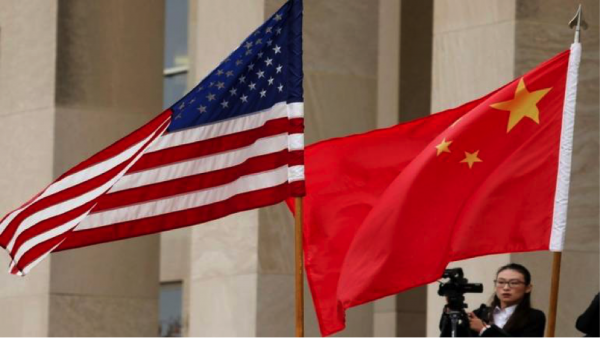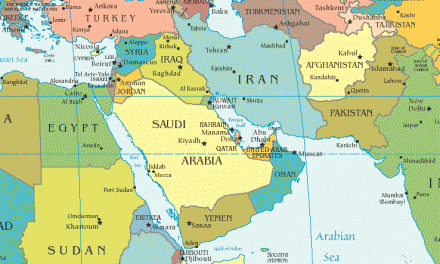By Abhishek Bansal – MoneyControl
“We expect the trade talks to end on a positive note and the Chinese economy will become more competitive, which is going to be positive to the world economy and India would also benefit from it.”
May12, 2019 – The trade tariffs war between the United States and China is having an impact on global financial markets and India is no exception to this. Although India is finding some benefits out of the tariff war, it is still far away from receiving any significant benefits.
India is the ninth largest trading partner of the US. In 2018, it exported $83.2 billion of goods to the US and imported $58.9 billion of goods, with a trade surplus of $24.2 billion. These numbers are up significantly from 1995, when India exported 6.6 billion of goods to the US and imported 4.6 billion, ending with a small trade surplus of $2 billion.
India has a lesser chance to offer products that China provides to the US and hence India may not gain significantly if the trade war intensifies. India exports mainly precious metals, diamonds, pharmaceuticals, minerals and vehicles to the US. On the other hand, China exports mainly electronics, machinery furniture, toys and plastics.
India exports steel and aluminum to the US and increased tariffs on Chinese products have helped India to raise its exports to the global market, driving up prices locally.
India’s aluminum exports to the US in 2018 increased by 58 percent to $221 million, according to the independent Congressional Research Service (CRS). Aluminum makers—Nalco, Hindalco and Vedanta—have increased production of the metal.
Although it is still uncertain if the trade war would further intensify with many ups and downs, till May 8, it was almost certain that the US will not entertain China and going forward they implemented increased tariffs on goods worth $200 billion. Despite the increased tariffs, representatives of both countries agreed to continue their trade talks on May 10.
The situation cooled off once US President Donald Trump met with US Trade Representative Robert Lighthizer and Treasury Secretary Steven Mnuchin on May 9 to discuss the negotiations.
The markets rallied after three days of losses as Trump insisted that it was still possible to reach a deal this week. However, the dilemma continues unless and until a final agreement is drafted and shared with all the stakeholders.
We expect the trade talks to end on a positive note and the Chinese economy will become more competitive, which is going to be positive to the world economy and India would also benefit from it.
In a worst-case scenario, if trade talks between the US and China fail completely, a sudden impact on the world financial markets can be witnessed and a massive sell-off can be seen across asset classes. This however, seems unlikely after seeing the current situation.
The author is founder and chairman at Abans Group of companies.







